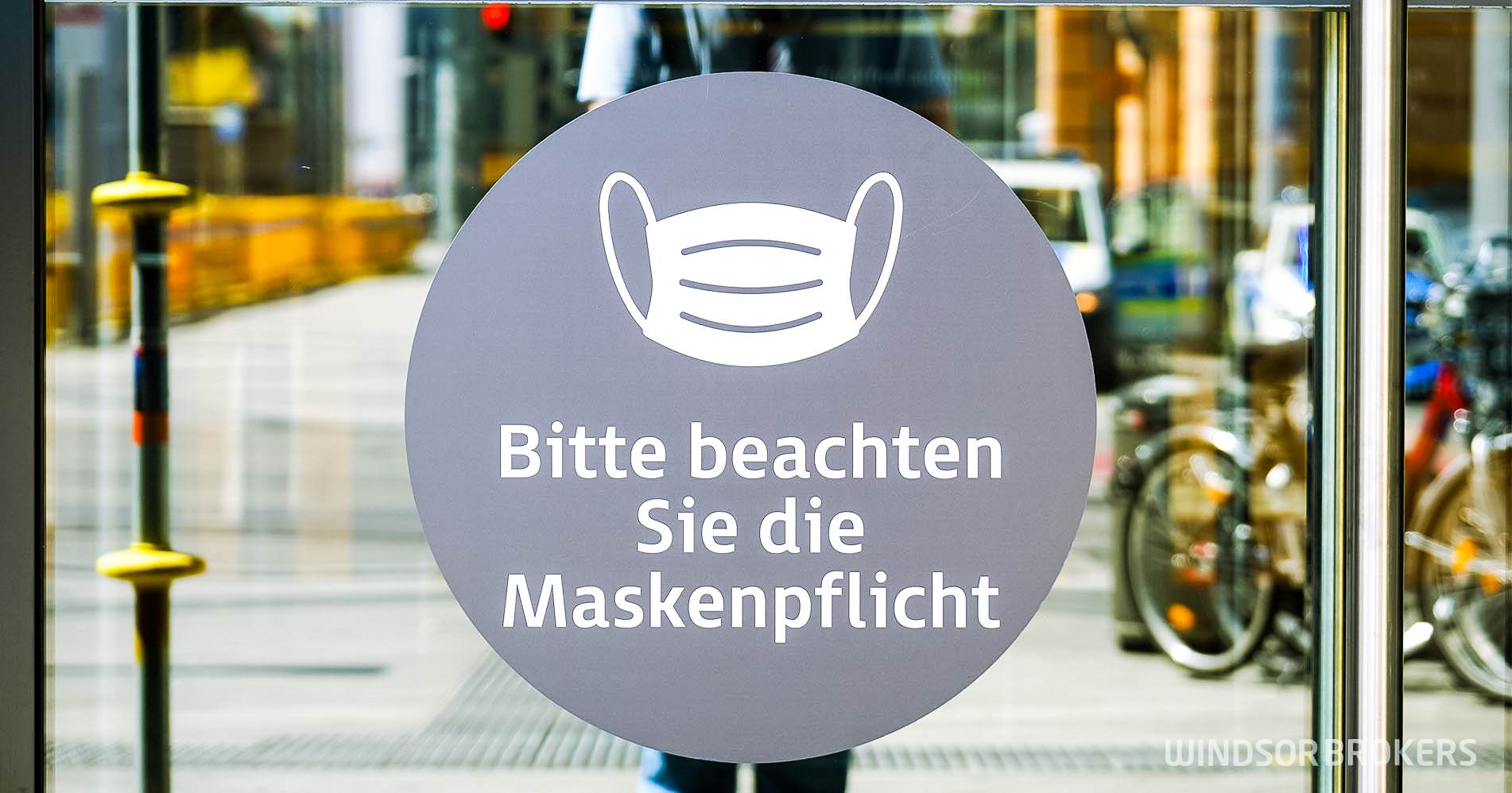Extended lockdown to delay German economic recovery until early summer
German Chancellor Angela Merkel announced that the country is extending its lockdown until April 18 and called citizens to stay at home for five days over the Easter holidays.
Merkel pushed the leaders of Germany’s 16 states to take a tougher stance to fight the pandemic and said that Germany is now in a new pandemic, as British mutation- which is a new virus of the same kind but more infectious and more deadly- became dominant.
Sharp rise in the infection rate, as the number of cases per 100,000 rose to 107, above the level at which intensive care units will be overwhelmed prompted German authorities to, introduce a rigorous measures instead of plans for gradual re-opening of the economy agreed after the country started cautiously easing restrictions earlier this month.
New restrictions will keep open essential shops, with the period of five days from April 1 seen as opportunity to bring movements to a minimum, as big family gatherings will be banned over the holidays and churches will be asked to hold Easter services online.
Although the new measures do not restrict Germans to travel, hotels and holiday resorts in the country are not allowed to accommodate tourists and Merkel strongly advised against all travels abroad.
Economists expect the extension of Germany’s lockdown to delay economic recovery in Europe’s largest economy, with the upswing that was expected for spring is now more likely to start from early summer, with prerequisites for this that the infection rate declines and that there will be progress in vaccinations.
Consequently, the Deutsche Bank cut its growth forecasts for German GDP from initial estimate of 4% to 2% in the second quarter and reduced forecast for 2021 as a whole from 4% to 3.7%, signaling that the recovery will be significantly weaker than the previous summer following the first lockdown.


